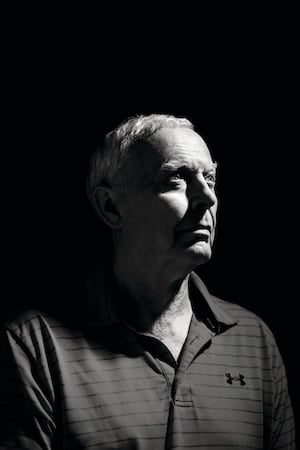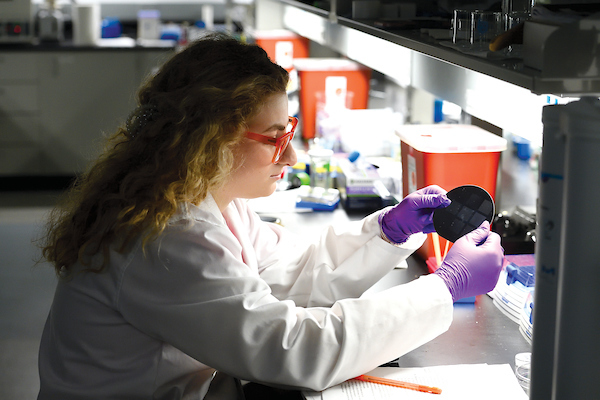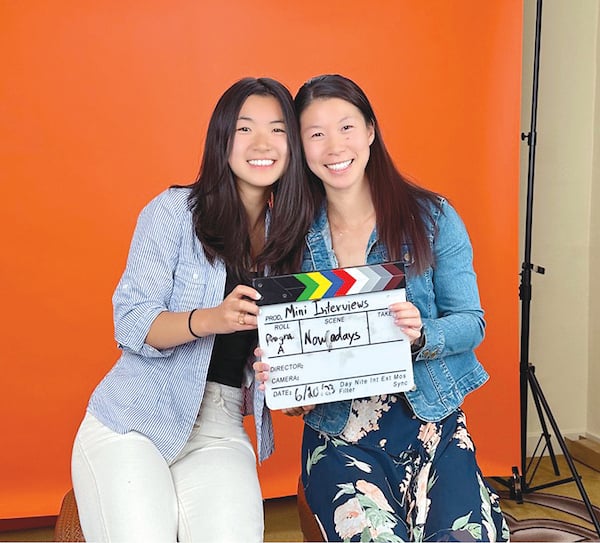
A Boost for Cancer Moonshot
A Johns Hopkins engineering-led team has been awarded $20.9 million over five years to enhance surgical capabilities to treat cancer.

A Johns Hopkins engineering-led team has been awarded $20.9 million over five years to enhance surgical capabilities to treat cancer.

Johns Hopkins University’s faculty achievements shine with Lauren Gardner winning the Future Insight Prize from Merck, a global life sciences conglomerate based in Germany.

Johns Hopkins University is building a renewable energy lab in Baltimore’s Remington Neighborhood that will focus on energy transition innovations, including carbon management, energy storage, wind power, and grid optimization.

Yun Chen’s research harnesses quantum mechanics to engineer synthetic proteins, potentially transforming biomedicine, tissue engineering, and quantum computing.

Researchers at the Whiting School and JHU’s Applied Physics Laboratory (APL) are developing lithium-ion batteries capable of operating in some of the world’s coldest environments.

Johns Hopkins engineers have created a new optical tool that could improve cancer imaging.

Bestowing machines with the ability to perceive the physical world as humans do has been a careerlong mission of Alan Yuille, a pioneer in the field of computer vision.

Students from JHU’s Center for Bioengineering Innovation and Design (CBID) traveled to India to gain an immersive knowledge of the challenges facing India’s rural and urban clinicians and community health workers.

Air pollutants have met their match in environmental scientist Peter DeCarlo and his lab on wheels.

Noor Hamdan explored the impact that recreational activities, specifically floating down a river on an inner tube, might have on water quality.

When Jocelyn Freed last visited the National Air and Space Museum in Washington, D.C., the fourth-year materials science and engineering major was drawn to a video showcasing Amy Ross, an engineer who designs space suits for NASA.

Jooyoung Ryu, a third-year student majoring in computer science, is using his Provost’s Undergraduate Research Award to train a machine learning model to better distinguish between stress cardiomyopathy and other acute cardiac syndromes.

Adrian Johnston founded DUA, an early-stage startup that shows early promise for treating solid tumors like breast, lung, and stomach cancers, among others.

Nowadays uses artificial intelligence to automate event planning challenges in a clean, modern interface for easier decision-making.

President Biden honored Bloomberg for revolutionizing the financial information industry and for transforming the state of education, the environment, public health, and the arts in New York City as its mayor from January 2002 to December 2013.

The start of a new academic year is always exciting, but this fall—a time when AI and data science underpin so many of our endeavors—is particularly energizing.

Information about the issue